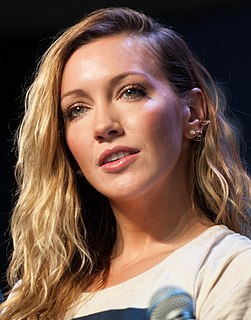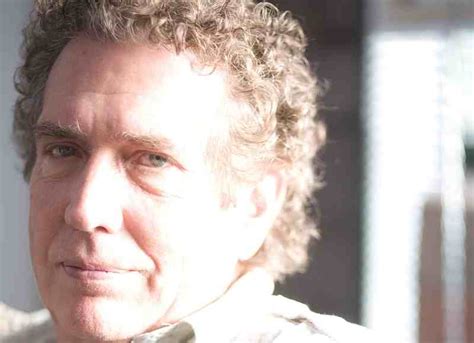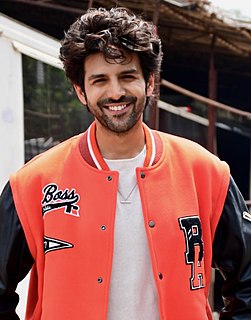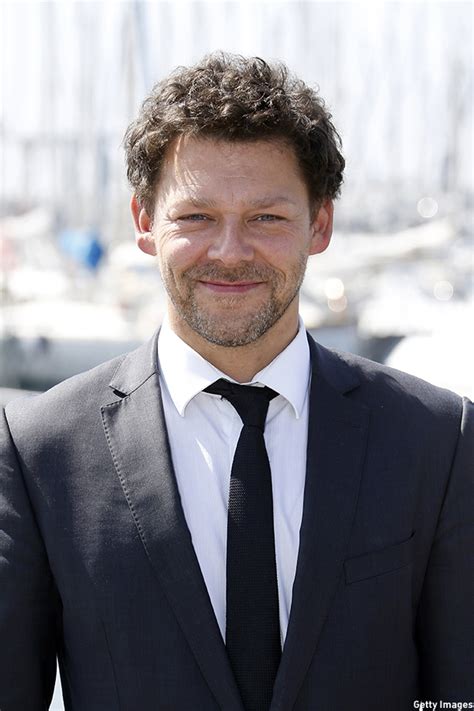A Quote by Rachelle Lefevre
With any character, I try to focus more on who the character is and how they got to be who they are.
Related Quotes
When I'm writing, I try to have the mask of my character on as I'm walking through the world. When I'm not at my desk, the rest of the time, I try to stay in that character and see the world the way that character would It's almost like method acting in a way — keeping the character close the way the actor keeps a script close and always tries to be in character.
I kind of cheer the presence of any gay characters at all - I think the more we can saturate television with any gay character or lesbian character or transgender character, I think that's a really great thing. We're kind of getting past the fact that they're the punchline or that they're the novelty.
Stage is so important because it teaches me how to convey character with words - how to convey how a character reacts by the way they appear on stage. I can usually tell a playwright from someone who has never written for the stage. Did the character work? Did the dialogue reveal who the character is?
I never like to judge the character. I just have to leave my feelings of pity, or fear, about a character - whatever I feel towards the character, I try to leave to one side. It's good to have them, but it doesn't help me. I can't act those things. I just to play the character as truthfully as I can.




































